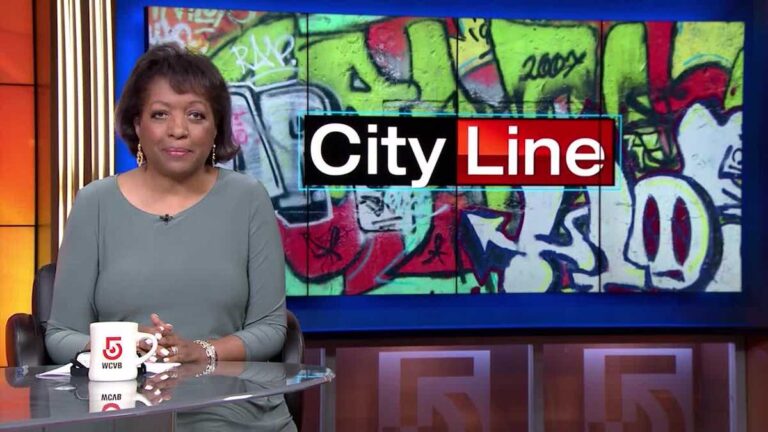Teaching social justice and leadership through hip hop: A powerful movement transforming education
Hip hop is taking center stage in the world of sports and education as a fresh approach to teaching social justice and leadership. From Tufts University to local Boston classrooms, educators and artists are leveraging the genre’s influence to inspire change, foster leadership, and challenge societal norms. Discover how hip hop is becoming an influential tool for empowering youth and promoting positive social commentary.
The Rise of Hip Hop as an Educational Art Form
Hip hop’s evolution beyond entertainment
Originally rooted in urban culture, hip hop has evolved into a multidimensional art form encompassing music, dance, and visual art. Today, educators worldwide recognize its potential to communicate powerful social messages, making it a trending topic in education and social activism.
Using music to teach social justice
Tufts University instructor Professor D1 explains that hip hop’s rhythmic and lyrical qualities make it an effective medium for social commentary. Songs can carry complex messages on issues like violence, systemic racism, and misogyny, helping students process and engage with these themes creatively.
Hip Hop’s Role in Leadership Development
Teaching leadership through lyrical storytelling
Artists like Boston native Paul Willis emphasize that hip hop isn’t just about entertainment; it’s a platform for leadership and community building. Students learn vital values such as authenticity, resilience, and empowerment through creating and performing their own rap lyrics.
Artistic expression as a leadership tool
By engaging in dance, poetry, and music production, students develop self-confidence and learn to articulate their experiences and aspirations. Hip hop becomes a gateway to leadership, encouraging young people to use their voice for social change.
Addressing Negative Stereotypes and Glorification
Confronting violence and misogyny in media
While hip hop has faced criticism for glorifying violence or drug culture, educators like Paul Willis stress the importance of flipping these narratives. Many artists now focus on using the genre to highlight social injustices, promote positive change, and challenge harmful stereotypes.
Turning negative narratives into social commentary
For example, students craft lyrics reflecting the emotional toll of climate change, community struggles, and hope for the future. This transformation shows how hip hop can be a tool for advocacy and education rather than just entertainment.
Practical Steps to Incorporate Hip Hop into Education
Tips for educators
- Use music that promotes social justice and leadership themes.
- Encourage students to write and perform their own lyrics addressing community issues.
- Integrate dance, visual art, and poetry for a multimodal learning experience.
- Partner with local artists to bring authentic voices into the classroom.
Quick Tip: Did you know hip hop’s storytelling power can boost student engagement? Incorporating rap lyrics on social topics can make lessons more relatable and memorable!
The Future of Hip Hop in Sports and Society
As hip hop continues to grow as an educational art form, its impact on shaping socially conscious leaders is undeniable. Whether through programs at Tufts or community projects, this genre is proving to be a vital tool for teaching leadership and social justice. Check out more inspiring stories about how hip hop is transforming education here.
Conclusion:
Hip hop’s role in teaching social justice and leadership is inspiring a new generation to think critically and act boldly. Share your thoughts on how music can be a force for change in education and sports in the comments!





0 Comments